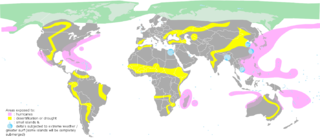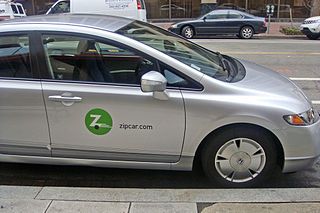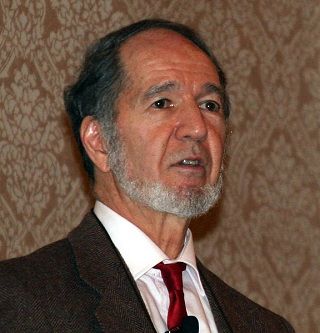The Economics of Mitigating Climate Change
Frequent commenter Gary Tulie sent me this Wiki-article describing the 700-page “Stern Report” which, published in 2006, lays out a comprehensive set of economics regarding climate change mitigation.
From my reading of the article (though not the complete report), my first thought is the viewpoints of people like Jeremy Rifkin. In his book The Third Industrial Revolution, he makes a fairly compelling case that the development of cleantech can represent not a cost to society, but a platform on which enormous prosperity can be built in the 21st Century.
Of course, not everyone agrees. In fact, people like 350.org’s Bill McKibben and Nate Hagens (contributor to my second book, Is Renewable Really Doable?) say the precise opposite, i.e., that “the party is over” for economic growth, regardless of what we think might drive it.
But my point is that there is an enormous amount of diversity in opinion regarding the economic impact of cleantech, and there is some legitimacy to the idea that this is a boon rather than a cost.









 I had planned to attend Jared Diamond’s lecture at the University of California at Santa Barbara (UCSB) on Saturday, but unfortunately it was sold out — not a problem that I had anticipated. I tried, but I couldn’t wangle a ticket, which is rare for me; I normally can work something out, even in tough situations.
I had planned to attend Jared Diamond’s lecture at the University of California at Santa Barbara (UCSB) on Saturday, but unfortunately it was sold out — not a problem that I had anticipated. I tried, but I couldn’t wangle a ticket, which is rare for me; I normally can work something out, even in tough situations.